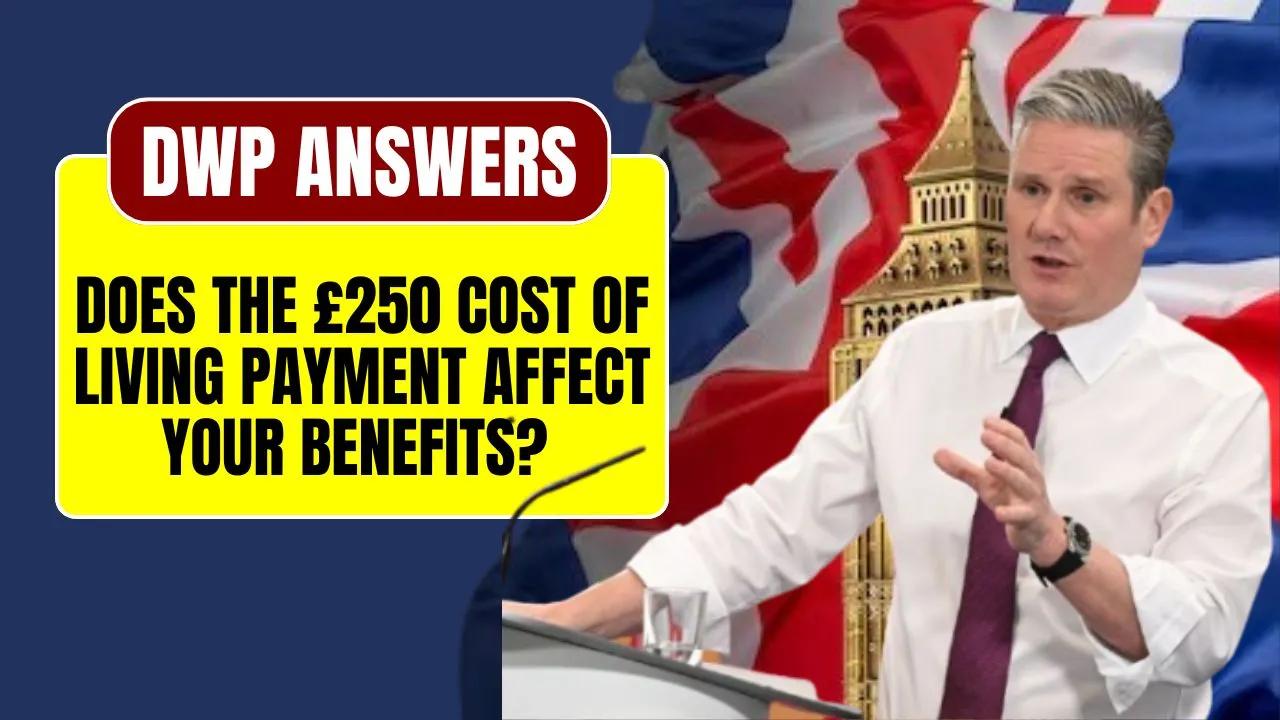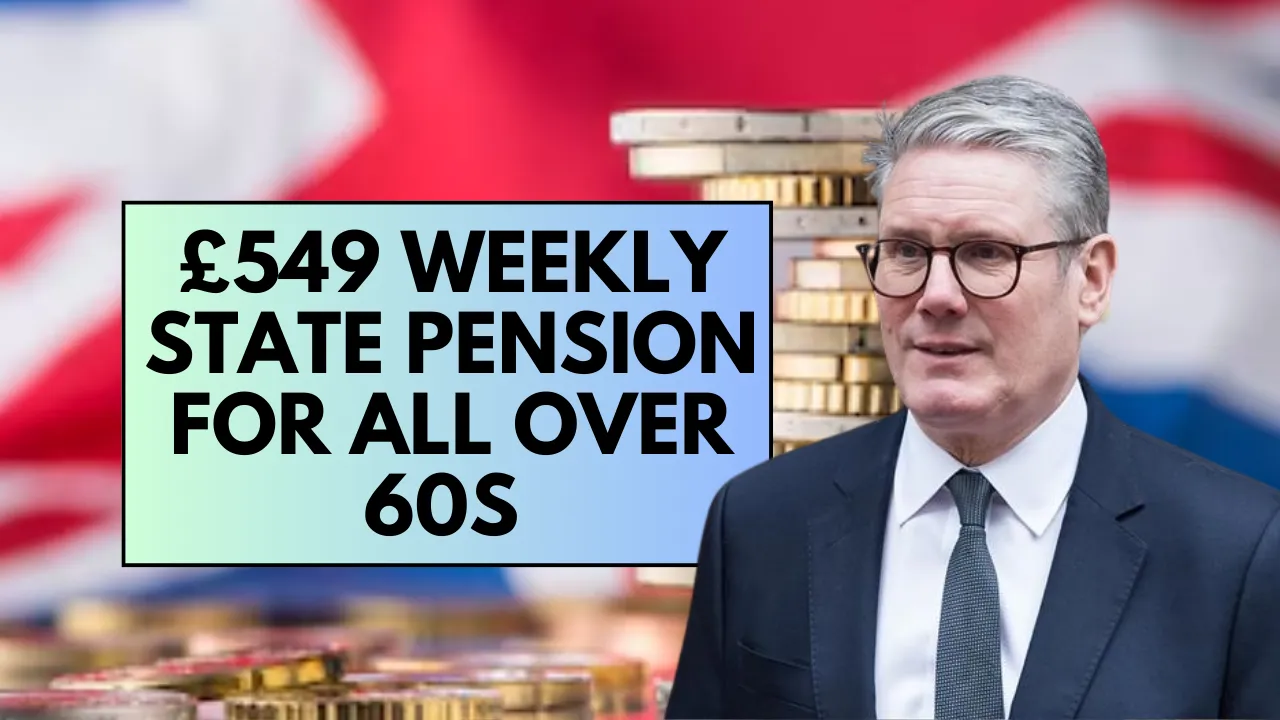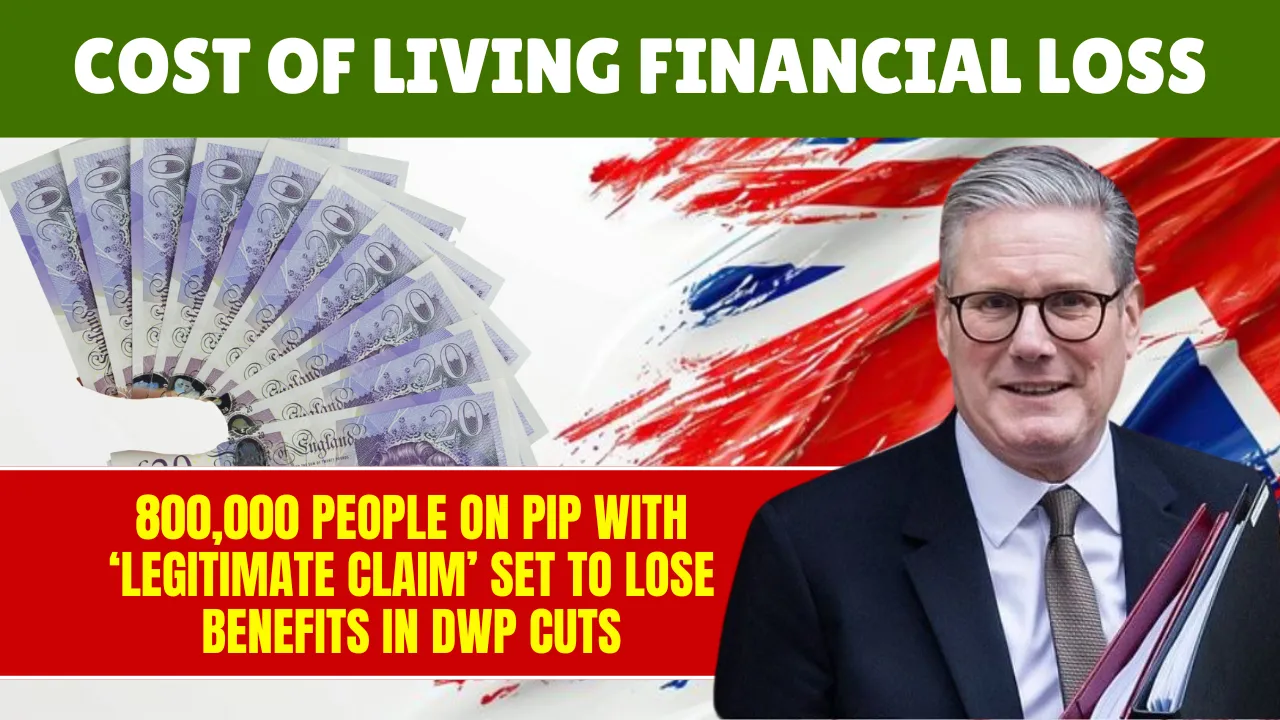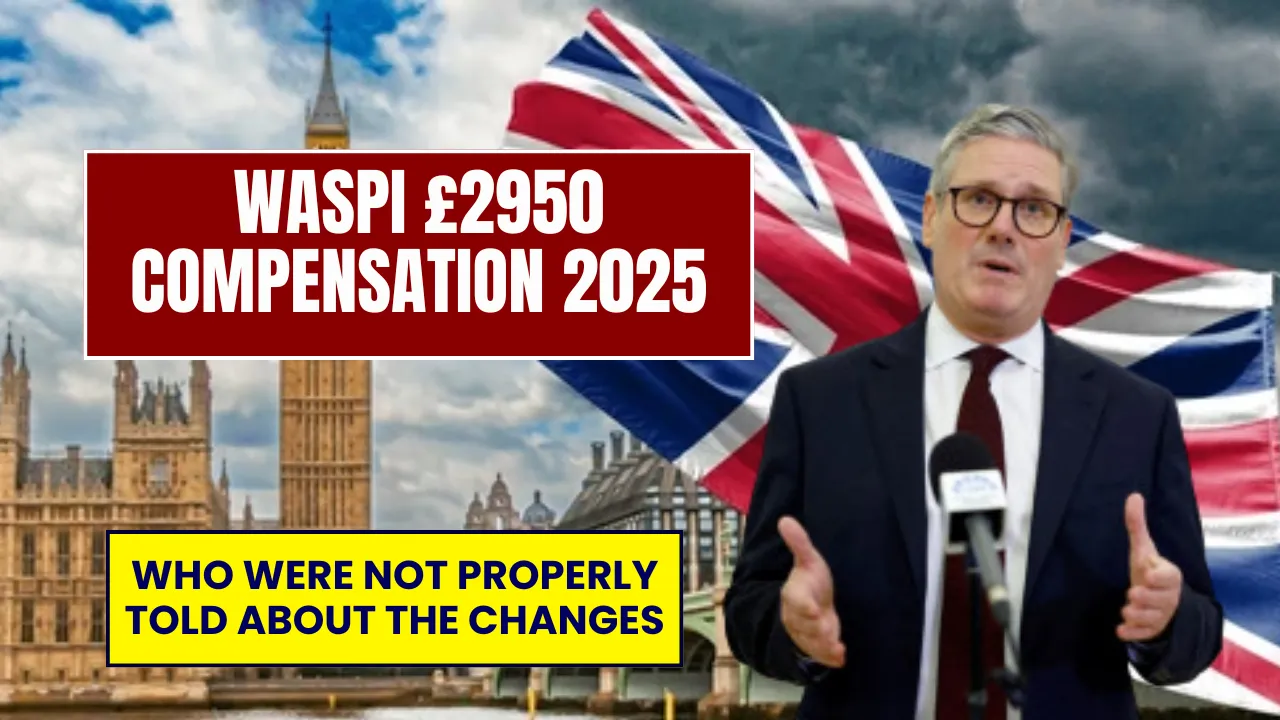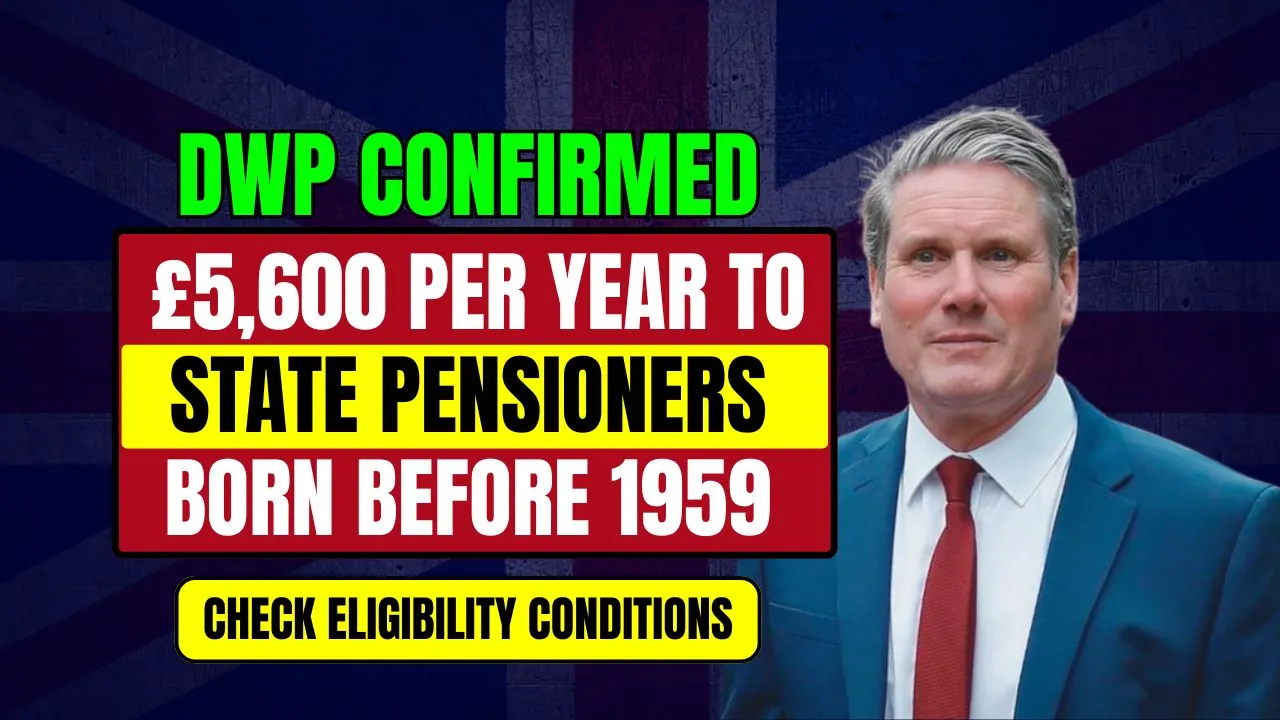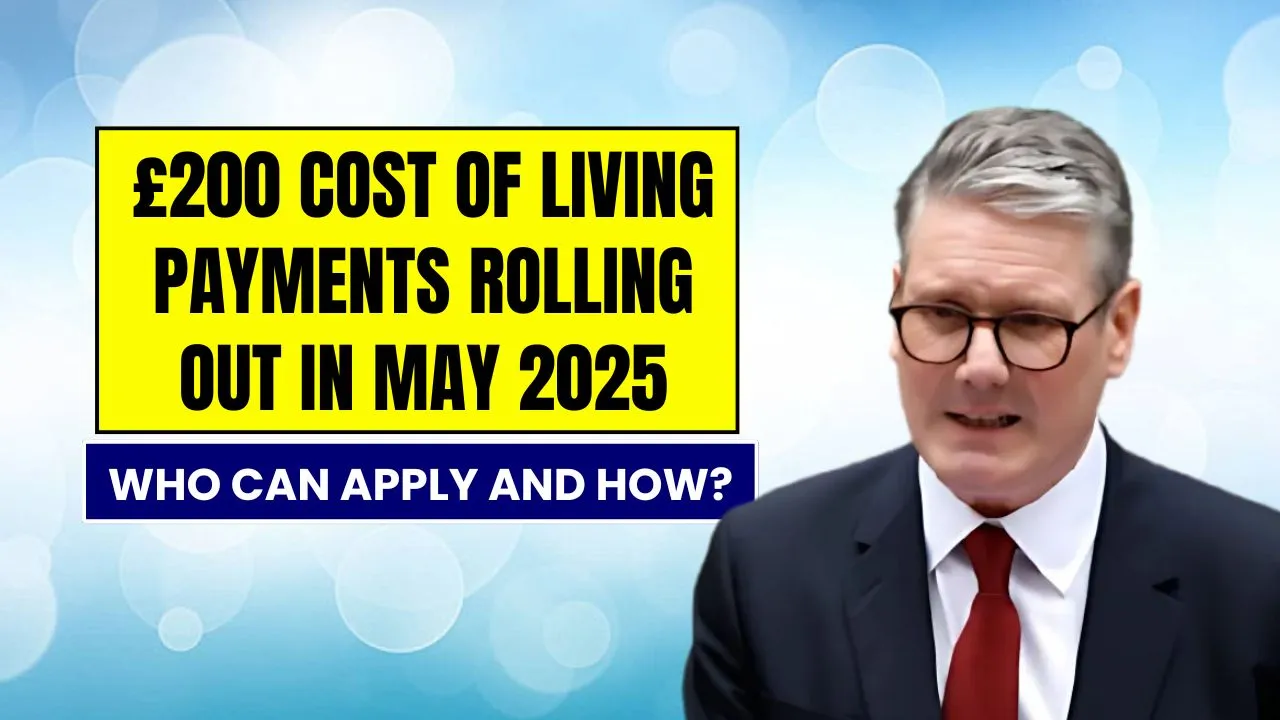£250 Cost of Living Payment: The £250 Cost of Living Payment is raising questions across the UK, especially for people receiving benefits. With the cost of essentials climbing, this payment is seen as a lifeline by many households. However, uncertainty remains about whether this extra money could reduce regular benefit payments or have any impact on taxes.
In this article, we explain everything you need to know about the £250 Cost of Living Payment, including its effect on benefits, tax status, who qualifies, and how the money is delivered. This clear and concise guide is based on official DWP policy and is written to help you understand how this support payment works.
£250 Cost of Living Payment
The £250 Cost of Living Payment does not affect your benefits. It is a one-off payment provided by the UK government to support low-income households during times of high living costs. The Department for Work and Pensions (DWP) has confirmed that this payment:
- Is not taxable
- Does not count as income for means-tested benefits
- Does not reduce existing benefits
This means if you are receiving benefits like Universal Credit, Income Support, ESA, or Pension Credit, you will still receive the same amount even after the £250 is paid to you. It has no negative impact on your benefits.
Overview Table: Key Details of the £250 Cost of Living Payment
| Key Details | Information |
| Payment Amount | £250 Cost of Living Payment |
| Taxable? | No — it is a tax-free benefit |
| Impact on Benefits | No — it does not count towards income or benefits |
| Governing Policy | DWP Policy on Cost of Living Payments |
| How It’s Paid | Direct bank transfer (DWP COL or HMRC COL reference) |
| Eligibility | Based on qualifying benefits during the assessment period |
| Need to Apply? | No — payment is automatic |
| Official Source | gov.uk (Cost of Living Payment page) |
Understanding the £250 Cost of Living Payment
The £250 Cost of Living Payment was introduced to help people deal with rising living costs. It’s part of a wider support plan by the UK government. The DWP confirmed that it is a tax-free, one-off payment. The goal is to help those most affected by inflation, including people on low incomes or who receive certain benefits.
Unlike regular benefit payments, there’s no need to apply for this payment. It is paid automatically into the same bank account where you receive your regular benefits. This payment ensures that those most in need get extra financial help without having to do any extra paperwork.
Is the £250 Payment Taxable or Will It Affect My Benefits?
No, the £250 Cost of Living Payment is not taxable, and it will not affect your benefits. The DWP has made it clear that the payment:
- Is not added to your income
- Is not reported on tax returns
- Does not change how your benefits are calculated
If you receive Universal Credit, Pension Credit, or income-related ESA or JSA, the payment will not reduce your entitlement. This rule helps protect low-income families from losing benefits due to extra temporary support.
Who Is Eligible to Receive the £250 Payment?
To qualify for the £250 Cost of Living Payment, you must be receiving at least one of the following benefits during a set assessment period:
- Universal Credit
- Income-based Jobseeker’s Allowance (JSA)
- Income-related Employment and Support Allowance (ESA)
- Income Support
- Working Tax Credit
- Child Tax Credit
- Pension Credit
You don’t need to do anything if you’re eligible. The payment will be sent automatically to your bank account by either DWP or HMRC.
How Will the £250 Payment Be Delivered?
The £250 Cost of Living Payment is paid directly into your bank account. It will come from either the DWP or HMRC, depending on the benefit you receive. Look for the following payment references:
- DWP COL (for those receiving DWP benefits)
- HMRC COL (for those receiving tax credits)
This system helps ensure the money reaches recipients quickly and without confusion. It also makes it easy to identify the payment on your bank statement.
What Should You Do if You Don’t Receive the Payment?
If you think you were eligible but didn’t receive the £250 Cost of Living Payment, here’s what to do:
- Wait a few weeks after the payment window closes. Payments may be sent in batches.
- Check your bank account for the DWP COL or HMRC COL reference.
- Contact DWP or HMRC only after the payment period ends if it still hasn’t arrived.
There is no application form for this payment, so make sure you were receiving a qualifying benefit during the correct assessment period.
Why Is the Payment Tax-Free?
The government made the £250 Cost of Living Payment tax-free so that households can keep the full amount. It also simplifies the process for those who receive it — there’s no need to report it on tax forms or worry about deductions.
This approach aligns with past DWP policies on Cost of Living Payments and is designed to help people facing financial pressure. The payment won’t appear on PAYE income or Self Assessment returns, which keeps things simple and stress-free.
FAQs
Will the £250 payment affect my Universal Credit?
No, it will not affect your Universal Credit. It is excluded from your benefit calculation.
Is the £250 payment counted as income for tax credits?
No, it doesn’t count as income. Your tax credit payments will stay the same.
Will I have to declare the payment for my Self Assessment?
No. Since the payment is tax-free, there’s no need to report it on your tax return.
Can the payment affect my Pension Credit?
No, it won’t reduce or interfere with your Pension Credit.
What happens if I move benefits or my circumstances change?
As long as you were eligible during the assessment period, you’ll still receive the payment.
Final Thought
The £250 Cost of Living Payment is a helpful boost designed to support those who need it most. It’s tax-free, automatic, and does not impact your regular benefits — making it a worry-free way to get financial help. If this article answered your questions, feel free to share it with others who may benefit. You can also check out more related content to see how future support payments might apply to your situation.
